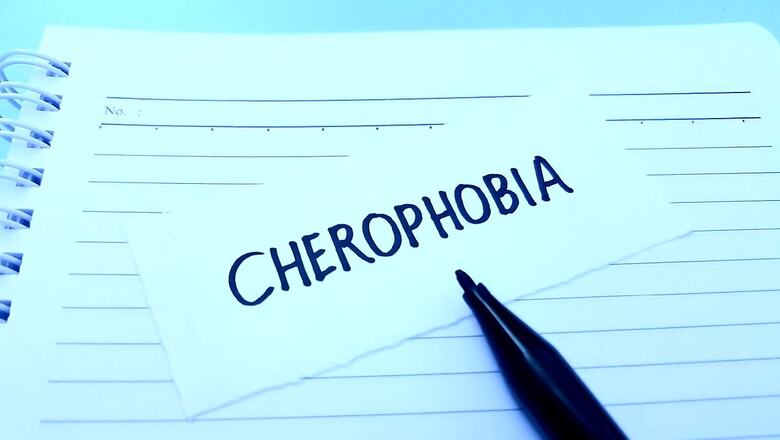
353
views
views
The word cherophobia is derived from the Greek term chero which means rejoicing. Thus, cherophobia is the fear of rejoice.
Cherophobia refers to the fear of happiness or the fear of experiencing joy. It’s a psychological condition where individuals may avoid situations that could potentially bring them happiness. The potential causes include underlying anxiety or discomfort associated with positive emotions.
People dealing with it experience an aversion to happiness. It is commonly referred to as the fear of being happy. When a person is suffering from Cherophobia, he is afraid of participating in fun activities or celebrating any happy occasion. The word cherophobia is derived from the Greek term chero which means rejoicing. Thus, cherophobia is the fear of rejoice.
Symptoms
- If a person is dealing with Cherophobia, he will experience a sense of guilt or unhappiness on every occasion. Some medical experts also refer to it as an anxiety disorder.
- Any person who seems to be sad is not always dealing with Cherophobia, but the ones who often try to escape or avoid activities that could lead to happiness are.
- Having anxiety at the thought of going out with friends, and doing cheerful activities.
- Continuously having a negative mindset about the things that are made to bring happiness.
- People with Cherophobia think that something bad is going to happen to them if they feel happy.
- They think that excessive joy can lead to extreme sadness in life.
Causes
- Introverts are most likely to experience Cherophobia because they enjoy being in their own spaces and prefer to take part in the activities alone.
- Not just introverts, but people who are perfectionists are also likely to experience this. These people believe that happiness is a state that only weak or incompetent people possess. As a result, perfectionists think indulging in fun activities is unproductive or a waste of time.
- People who have experienced traumas, physical or emotional, have Cherophobia.
Treatment
A few ways to deal with Cherophobia are:
- Practice physical exercise, yoga, meditation, or mind-relaxing exercises.
- Cognitive Behavioral Therapy (CBT) is a common form of talking therapy that helps the person with the wrong ways of thinking and identifies behaviour that can help them.
- Hypnotherapy: It is a type of mental therapy that can help in getting over fears and phobias with deep relaxation and concentration.




















Comments
0 comment